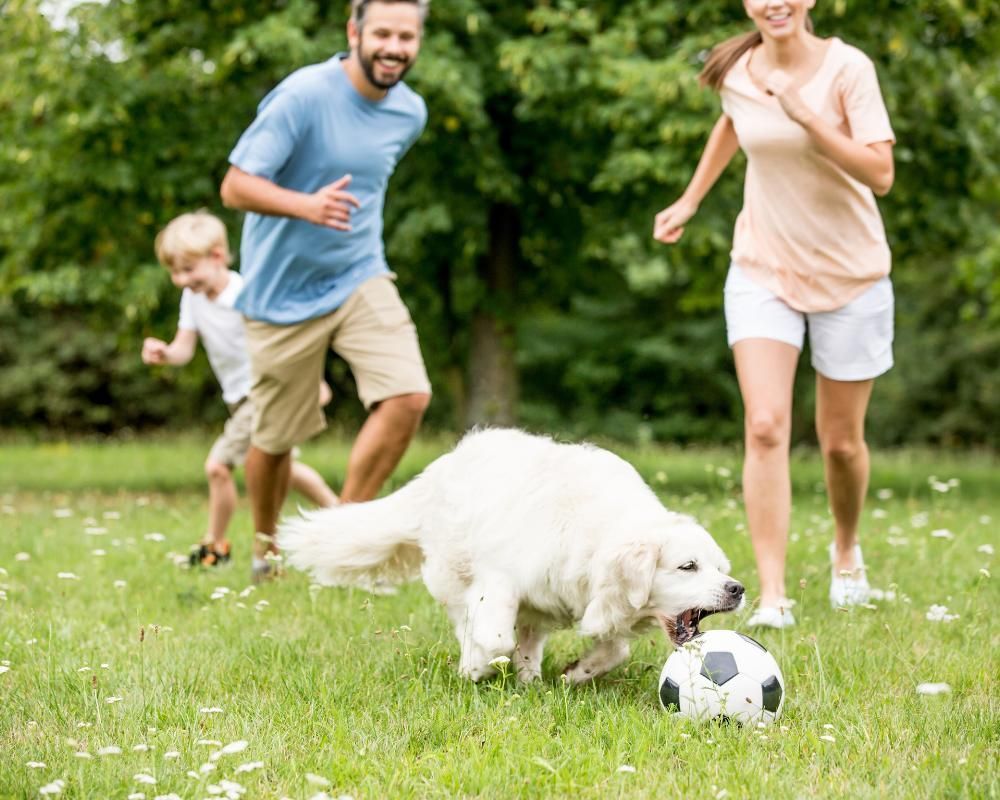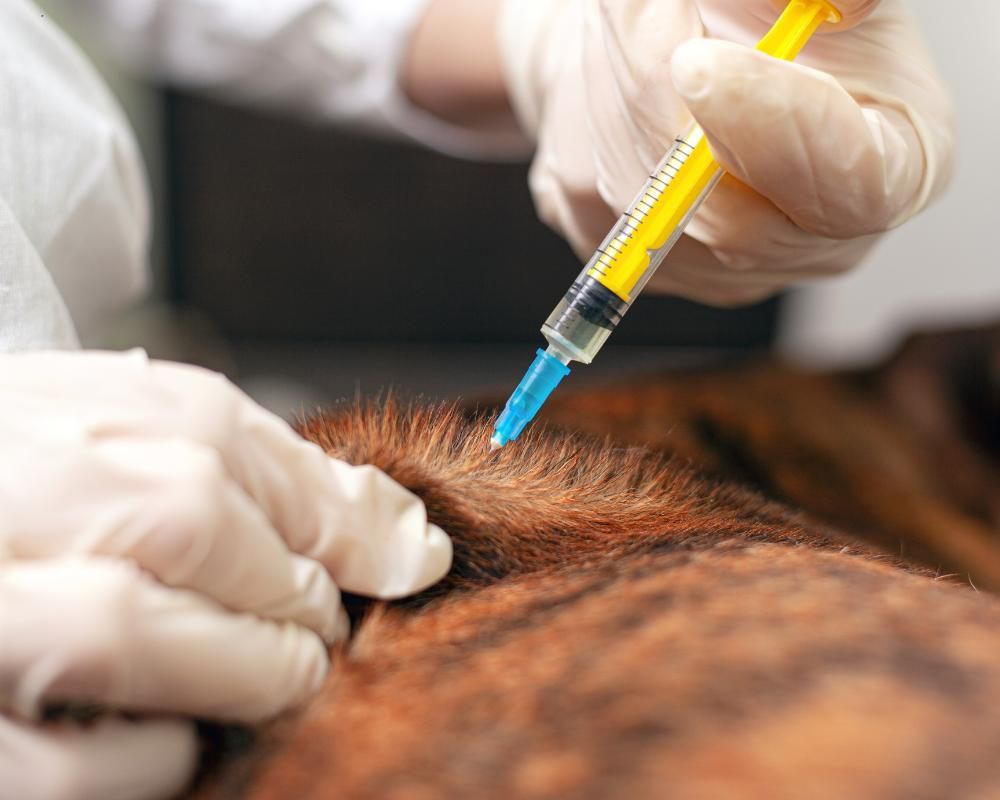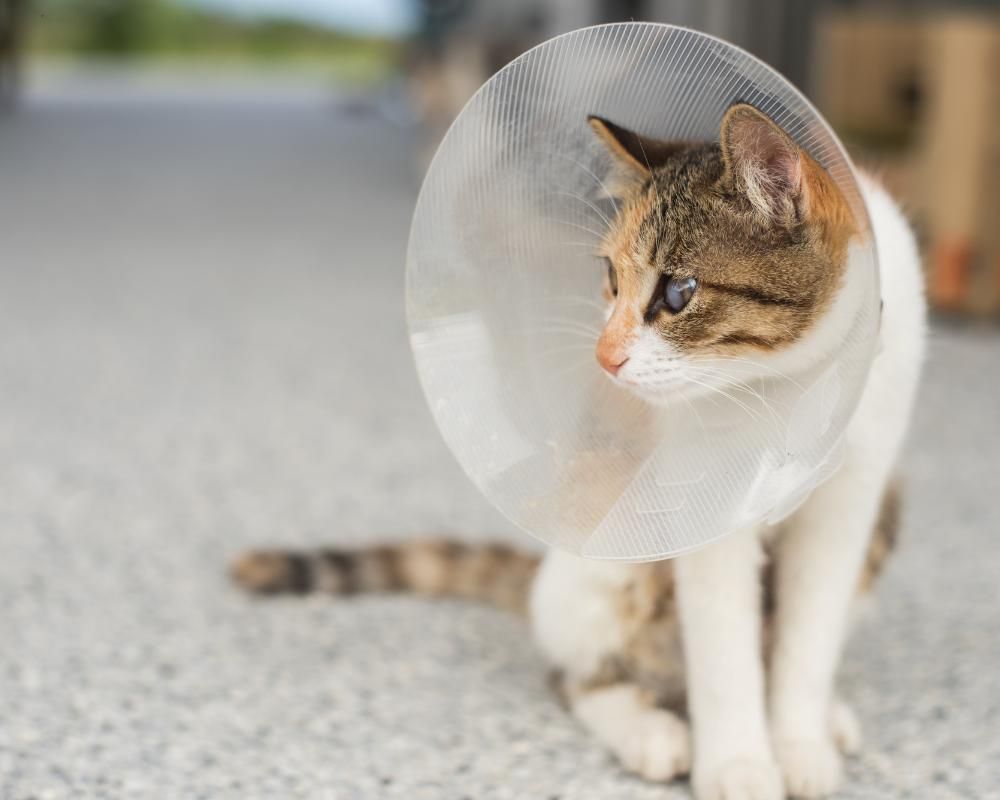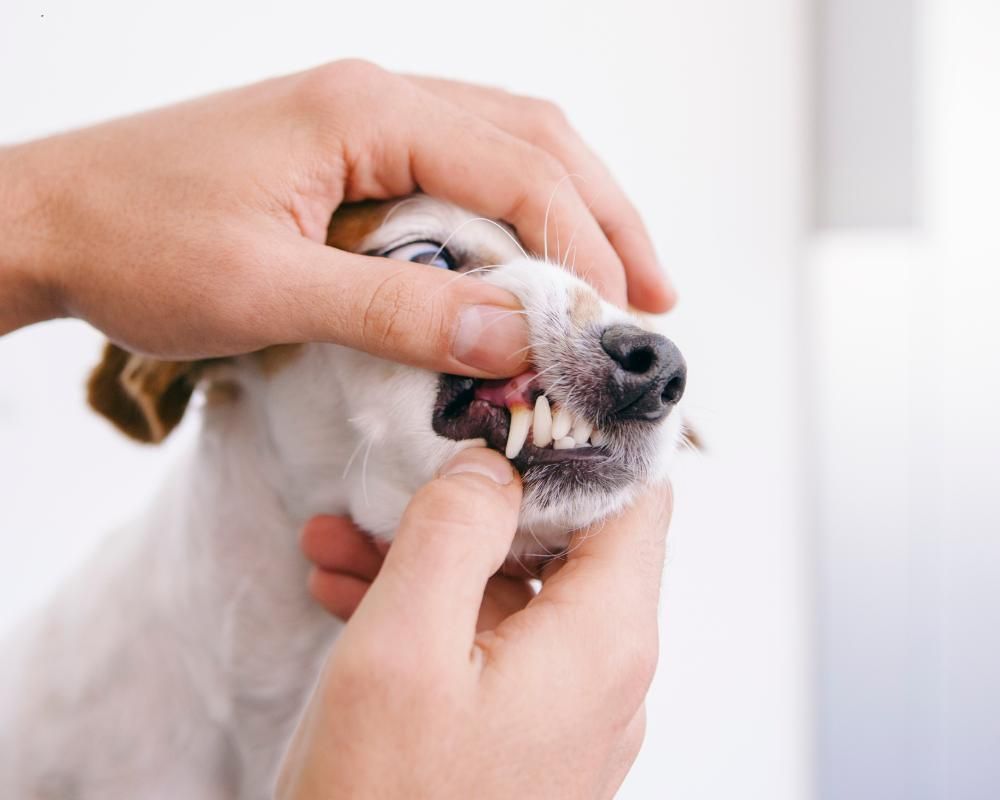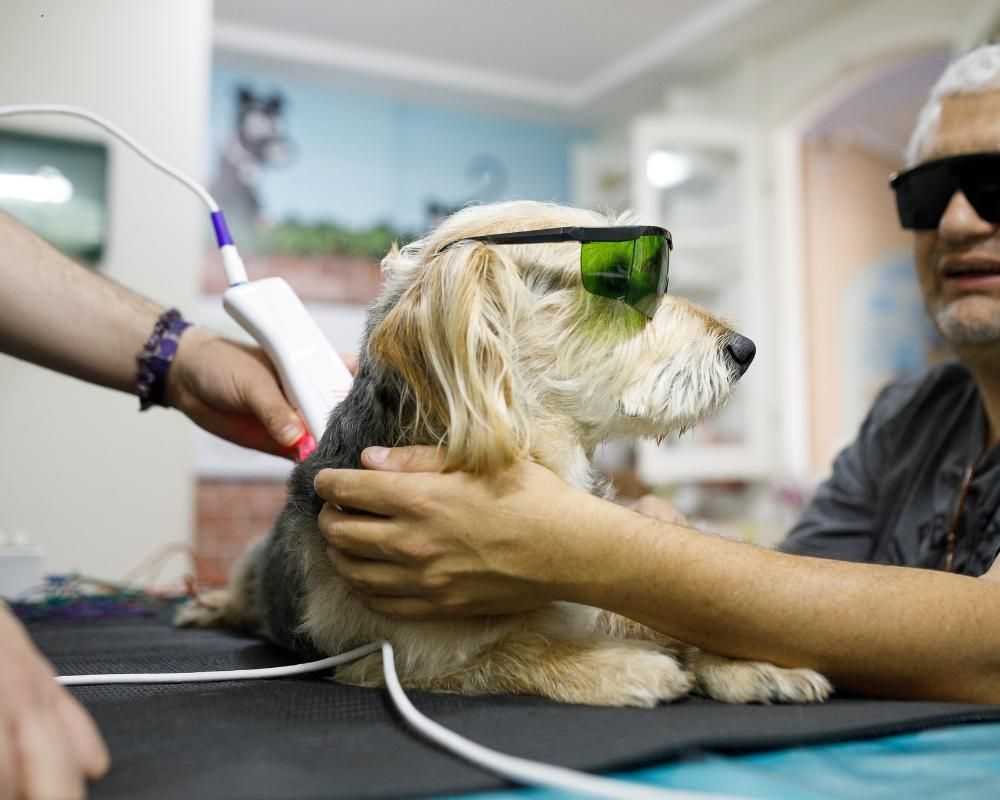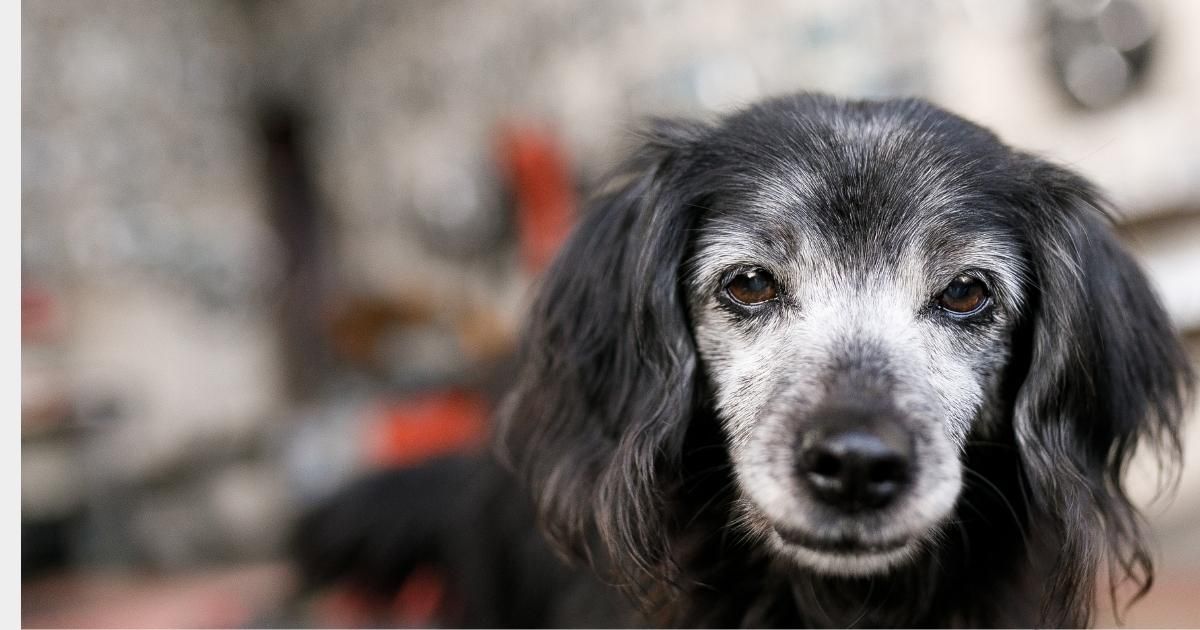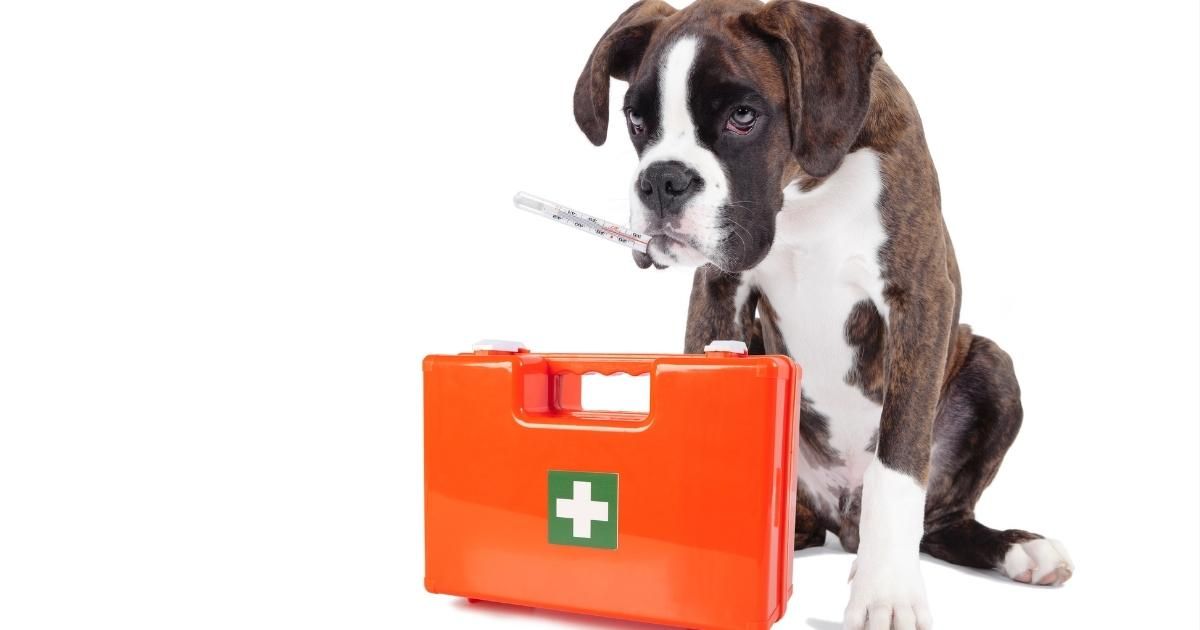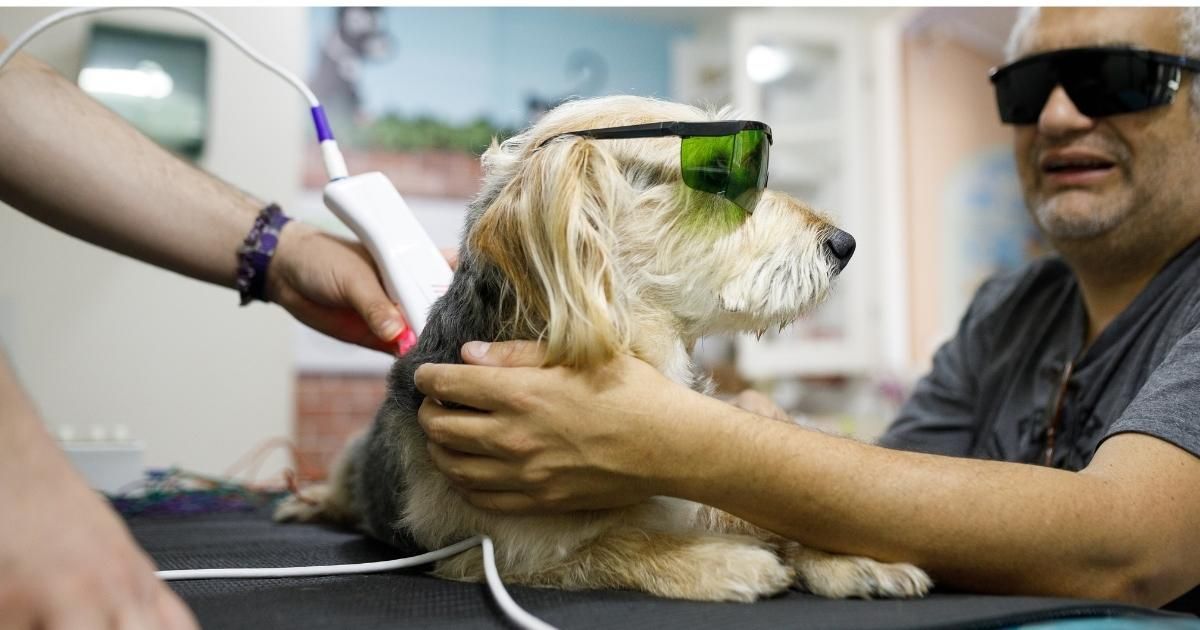Is Your Dog Pregnant? A Guide on How to Prepare for Puppies
Noticing changes in your dog like unexpected weight gain or swollen mammary glands that make you wonder if it's time to go see your veterinarian? If they are not spayed, it's possible they are pregnant. However, hormonal changes, especially after their first heat, can lead to signs that point to pregnancy but are misleading. False pregnancy in dogs can last from a few months to roughly a year or their next heat. Spaying your female dog can avoid any confusion over pregnancy.
A veterinarian should be contacted ahead of time if you are planning to breed your male or female dog. This will ensure healthy breeding practices will be followed to protect the health of the parents and pups. Female dogs should not be vaccinated when pregnant. Staying up-to-date with vaccinations, heartworm protections, and flea prevention is so important. Your veterinarian can confirm a pregnancy with an ultrasound on the 25th day of pregnancy and abdominal x-rays can be taken after 45 days. For more information, contact and follow the advice of your veterinarian.
We will cover:
How to Prepare for Dog Giving Birth

When it is clear that your dog is pregnant for the first time, you will want to be informed about canine prenatal care and how to help a dog give birth for the first time. Your veterinarian will give you valuable information on how to prepare a dog for giving birth. Good nutrition is obviously very important. After four weeks of being pregnant, your dog should be on a higher calorie diet. Several over-the-counter, veterinarian-recommended, high-quality dog foods for pregnant dogs are available. A thorough vet exam including testing for intestinal parasites. To prevent herpes virus infection. which can be fatal to puppies, the mother dog should be isolated from other dogs three weeks before birth and three weeks after delivery.
As the time for delivering puppies draws near, a quiet nesting area for birthing should be prepared for her and the pups. Find a warm, comfortable spot that your dog can easily get in and out of while still keeping the puppies confined.
What Should You Do When a Puppy is First Born?
After the first puppy is born, the mother dog will usually instinctively remove the protective birth sack the puppy is born in. If she is unable or does not, you will need to assist by carefully breaking the sack while holding the puppy with its head lowered. Wipe away fluid from the puppy’s nostrils and open its mouth while keeping the head lower than its lungs. Hold the puppy gently but securely in a towel while stroking its body to stimulate breathing.
The mother dog will also cut the umbilical cord instinctively – but not always. You might need to help her out. Never pull on the umbilical cord; it could damage the puppy’s organs. Gently tear it with your first two fingers and thumb about an inch from its body. After each puppy is born, the placenta (which is a greenish-black mass of membranes) will be expelled; this is a normal process. It's also normal for the mother dog to eat these membranes. This is driven by instinct to remove anything that could draw predators and to reintroduce the nutrients into the mothers system.
Knowing exactly how long it takes for a dog to give birth depends on the type of dog, how many puppies there are, and if this is the first pregnancy or not. It’s natural for a mother dog to take a break during the birthing process, but if she has been straining for more than 60 minutes, or if her break has been more than four hours, get her to the veterinarian as soon as you can.
Issues to Watch for After Your Pup Gives Birth
After the puppies are born, there are some important health problems to look out for. When you see these problems, take your mother dog to the veterinarian quickly:
- When the afterbirth looks like pus, has a bad odor, or looks overly bloody.
- A fever, lack of appetite and vaginal discharge with an odor will be signs of Metritis (an inflamed uterus). Sometimes the uterus can become inflamed when the placenta is not completely expelled or when a delivery trauma has occurred. Normal vaginal discharge is green and will eventually turn to a red/brown color. This discharge may last 10-14 days.
- Dogs with eclampsia are restless, have muscle spasms, can have a stiff gait and can even experience seizures. Eclampsia is a drop in blood calcium levels that is caused by nursing.
- An infected breast that has become hard, red, and painful is called mastitis. New mothers will likely be sore nursing her new puppies, but take her in, if you suspect mastitis.
- When the mother is not producing milk the puppies will not receive the necessary nutrients and antibodies from the mother.
The mother dog will still need a higher calorie diet while she is still nursing the puppies. She will also still need a quiet place that is clean to take care of her puppies.
When To Call Your Veterinarian
You should contact your local veterinarian as soon as the puppies are born for valuable recommendations on how to care for puppies and when they should first be examined. Sometimes veterinarians like to check for umbilical hernias, cleft palates, and other health concerns. Other times they will advise you to wait until they are older for a checkup. Your veterinarian may also recommend deworming to begin in intervals starting around 2 to 4 weeks of age and vaccinating at 6 weeks of age.
Taking Care of Your New Litter of Puppies
New puppies are so cute! It will be hard to keep your hands off of them, especially if you had to remove the birth sack for them, but for the first two weeks, intervene as little as possible. You are there to oversee their health, provide a safe warm environment, and help the mom dog do her job.
#1. Be Cautious Around Your New Puppies
New puppies should be left alone as much as possible to protect them from germs and to keep their stress levels low. The mother dog will be naturally protective and you may see aggression you have not seen before. For now, let them be; soon you will be playing with the rambunctious puppies while the mom appreciates a needed nap.
#2. Provide a Safe and Warm Environment
Especially during the first four weeks, the puppies will need warm bedding as they are not able to regulate their own body temperature. You could use a heating lamp to keep the puppies warm, or you could put a heating pad under the whelping box you have set up for them, only do this to half of the whelping area. In the case that it gets too hot, they can move away from that area. Maintain a temperature of around 97 degrees F for the pups.
#3. Begin Socializing Your Puppies
You will help raise a good dog by socializing the puppies early. When they are used to interacting with people they can truly become man’s best friend.
You can learn a lot about the personalities of each pup as you watch and interact with them. As you get to know their individual personalities, watch for the little guys who are not growing as quickly as their littermates. There could be an underlying health condition causing the pup to not grow as it should. However, it is normal in a litter to experience size variation between the pups.
Besides being stronger, there is a reason puppies should not be separated from the mother dog before 6 weeks old. They learn very important social rules from their littermates and their mother. It is best to wait until the puppies are 6 weeks old to ensure the social lessons from the pack are firmly ingrained.
#4. Start Weaning Your Puppies Around 3-4 Weeks of Age
Start the weaning process by allowing the puppies’ access to puppy food around 3-4 weeks of age. Canned puppy food is fine, or you could also soften a dry kibble with water; see which one they like best and offer that. The mother will still be there to nurse them as much as they want, but gradually they will eat more dog food and nurse less. By the time the puppies are 5-6 weeks old they will be weaned.
#5. Schedule Puppy Vaccinations Around 8-10 Weeks of Age
Schedule the first round of puppy vaccinations after the pups are weaned around 6 weeks of age. Thereafter, the puppies should receive a round of shots every three to four weeks until they are around 16 weeks old. Follow the advice of your local veterinarian who knows what schedule is best for your dog.
#1. Be Cautious Around Your New Puppies
#2. Provide a Safe and Warm Environment
#3. Begin Socializing Your Puppies
#4. Start Weaning Your Puppies Around 3-4 Weeks of Age
#5. Schedule Puppy Vaccinations Around 8-10 Weeks of Age
Chipman Road Animal Clinic is your Trusted Local Veterinarian in Lee’s Summit
Our veterinarian services are the most affordable around with excellent care offered. Call or stop by today! No appointment is needed. We are located at 211 Chipman Road in Lee’s Summit, MO 64063. Call us at: 816-524-1886.

